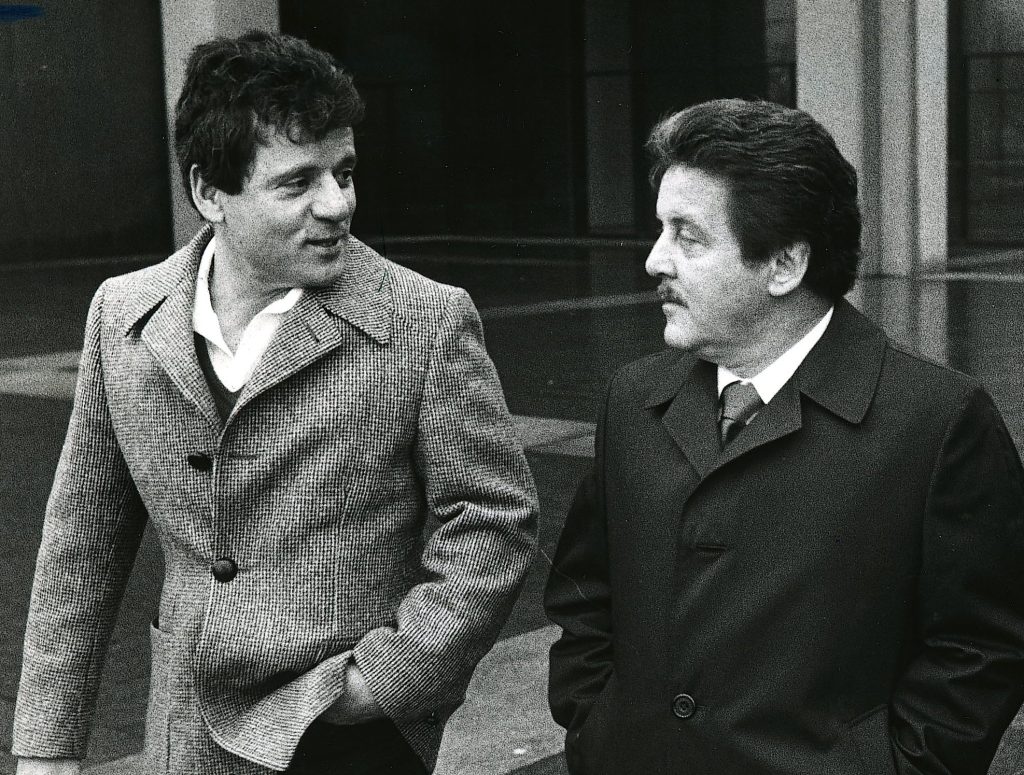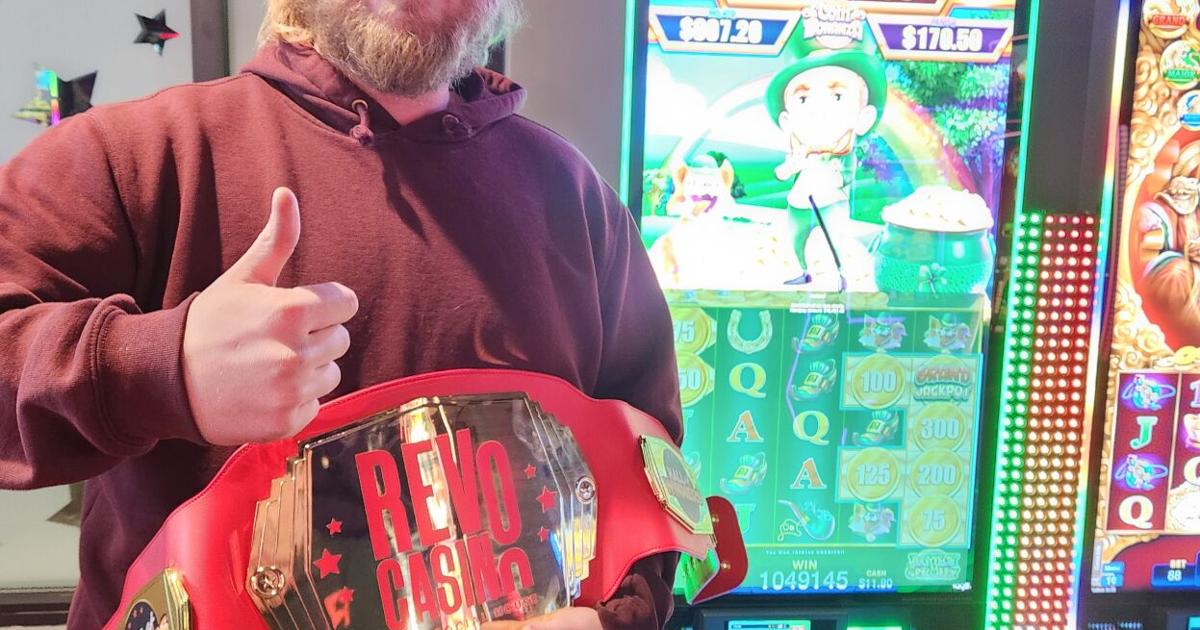The Shoshone-Paiute Tribes have long wanted their own gaming operation. After all, they’re the only Native American tribe in Idaho without one.
That dream is now a step closer to fruition.
In the grassy plains halfway between Boise and Mountain Home, the Sho-Pai held a ceremony Thursday to bless the land where they plan to build their first resort and casino. The parcel straddles the Ada and Elmore county lines near Interstate 84 about two miles south of the exit for the Boise Stage Stop on Orchard Access Road.
The site is part of the Sho-Pai’s homelands, an area from which their ancestors were forcibly removed over a century ago when Europeans colonized the West and corralled them into the remote Duck Valley Reservation on the Idaho-Nevada border.
Life at Duck Valley is full of challenges, according to Brian Mason, chairman of the Sho-Pai Tribal Business Council.
“We still have some tribal members living in homes without floors or running water,” Mason said. “We struggle with high unemployment, we don’t have access to adequate medical care, and we can’t attract enough qualified teachers. Tribal gaming can give us the resources we need to solve these problems.”
Under white canopy tents at the end of a long, dusty dirt road, hundreds gathered to commemorate the momentous occasion. Tribal leaders, wearing feathered headdresses and other cultural garb, led prayers, sang traditional songs and performed in drum circles.
Cars and trucks traveling along the highway passed by quietly in the distant background.
It was a homecoming of sorts.
“This is our ancestral land, our land that our people walked on before,” Mason said at the start of the ceremony. “We’re returning with a gaming operation.”
It wouldn’t be possible without the support of the Coeur d’Alene Tribe in northern Idaho. The tribe bought the more than 500-acre property in April to give to the Sho-Pai for the project. The Coeur d’Alene Tribe, whose council members traveled to southern Idaho for the blessing event, promised to share their expertise with the Sho-Pai to get the casino through permitting and development processes.
Once the resort is up and running, the Coeur d’Alene Tribe plans to manage it, at least until the Sho-Pai learn the ropes.
“This is not a handout,” said Chief J. Allan, chairman of the Coeur d’Alene Tribal Council, during the ceremony. “This is two nations working together. We’re going to push hard. We’ve got to get it approved. We’ll camp in D.C. if we have to.”
Ysabel Bilbao, a spokesperson for the Sho-Pai, said the two tribes are working on submitting a fee-to-trust land acquisition application to the U.S. Department of Interior by late summer.
“We still have a road ahead of us, but it is a lot shorter,” Bilbao said.
The Indian Gaming Regulatory Act requires that land used for gaming be held in trust, a process where the Interior Department acquires the title to the land and holds it for the benefit of a tribe. Loosened restrictions have allowed tribes to build casinos farther afield from their reservations.
The Sho-Pai don’t have a casino on their reservation or elsewhere but have been working on plans for a gaming project in the Mountain Home area since the 1990s.
Their proposed resort and casino about 20 miles southeast of Boise would generate an estimated tens of millions of dollars a year for Idaho’s economy and create thousands of well-paying jobs, according to the tribes. It would draw patrons from over 780,000 people who live in Ada and Canyon counties and nearly 30,000 who live in Elmore County. It would also attract travelers along the route between Boise and Mountain Home.
The tribes envision the latest gaming machines, luxury hotel rooms, a spa, an entertainment center and fine dining restaurants.
The Sho-Pai pledge to give 5% of the casino’s gaming revenues to local schools and education programs.
“It’s going to give us a revenue stream so we can take care of our people back home,” Mason said. “This is for our youth. They’re our future leaders. And for our elders that are out there, we apologize for it taking so long.”





